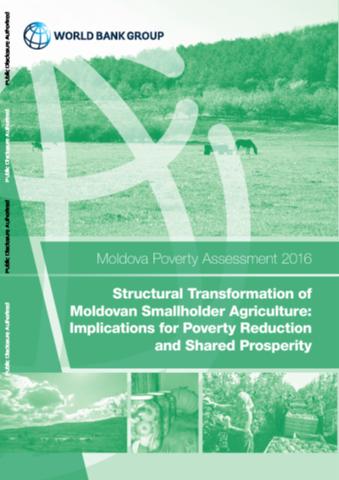Rapport du Rapporteur spécial sur les droits de l’homme et l’extrême pauvreté sur sa mission en Mauritanie (A/HRC/35/26/Add.1)
Le Secrétariat a l’honneur de transmettre au Conseil des droits de l’homme le
rapport du Rapporteur spécial sur les droits de l’homme et l’extrême pauvreté, Philip
Alston sur la mission que celui-ci a réalisée en Mauritanie, du 2 au 11 mai 2016. Le
Rapporteur spécial a constaté que, si la Mauritanie avait réalisé des progrès notables dans la
lutte contre la pauvreté ces dernières années, une grande partie de la population continuait à
vivre dans une pauvreté multidimensionnelle et n’avait pas accès à une nourriture




